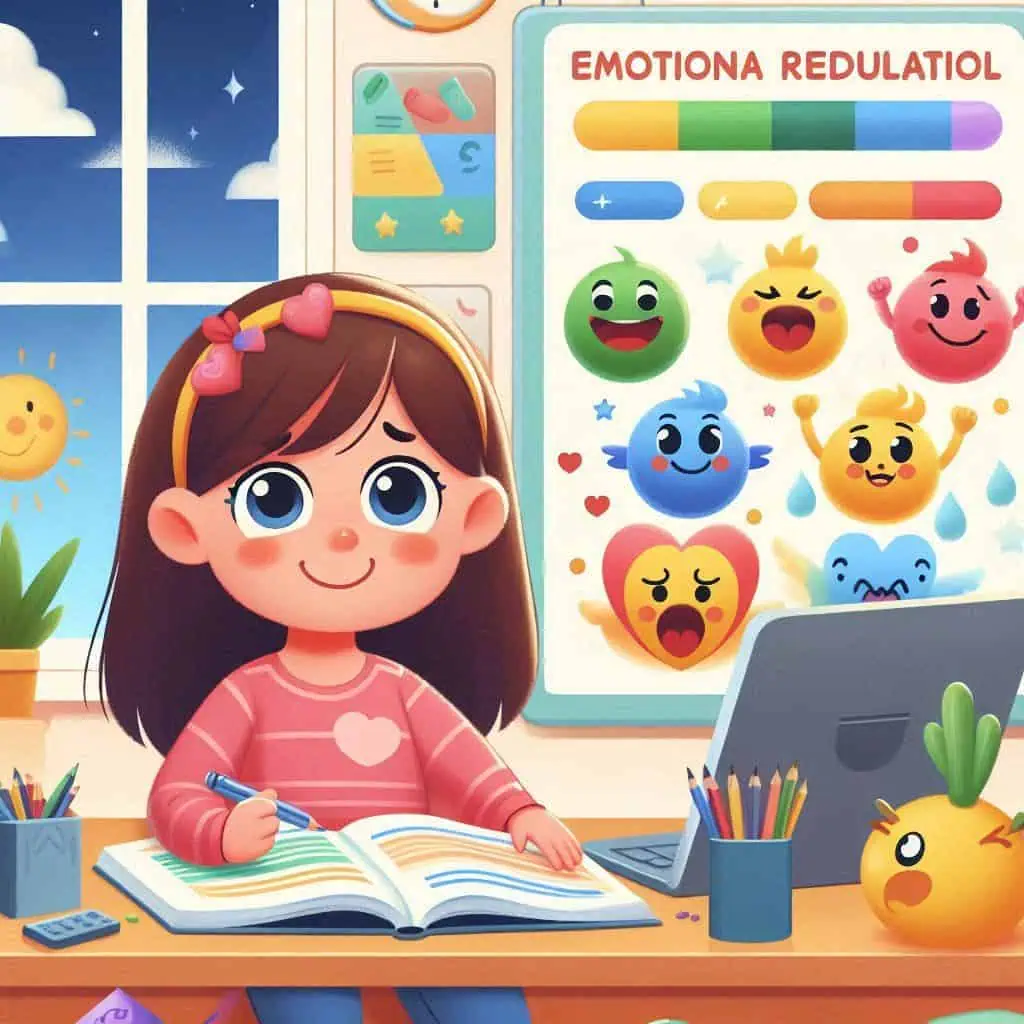Parenting styles play a crucial role in shaping a child’s emotional health. Research shows that positive parenting, characterized by warmth and support, helps children manage their emotions better. On the other hand, negative parenting, such as psychological control, can lead to emotional difficulties.
Positive Parenting and Emotional Health
Positive parenting involves being supportive and warm. This approach helps children feel secure and understood, which is essential for their emotional development. When parents show empathy and provide a stable environment, children are more likely to develop healthy emotional regulation skills.
Negative Parenting and Emotional Challenges
Negative parenting, which includes behaviors like psychological control and authoritarianism, can harm a child’s emotional well-being. Children exposed to such parenting styles may struggle with managing their emotions, leading to issues like anxiety and depression.
The Importance of Understanding Parenting Styles
Understanding the impact of different parenting styles can help parents make informed decisions about how they raise their children. By adopting positive parenting techniques, parents can foster a supportive environment that promotes emotional health.
Dr. Charles R. Davenport, a licensed psychologist, emphasizes, “Creating a nurturing and supportive environment is key to helping children develop strong emotional regulation skills.”
For more information on how to support your child’s emotional health, visit our services page and explore our blog for additional resources.
Reference:
Parenting dimensions/styles and emotion dysregulation in childhood and adolescence: A systematic review and meta-analysis. (2022). Current Psychology. Retrieved from SpringerLink.
Contact Davenport Psychology Today 941-702-2457


